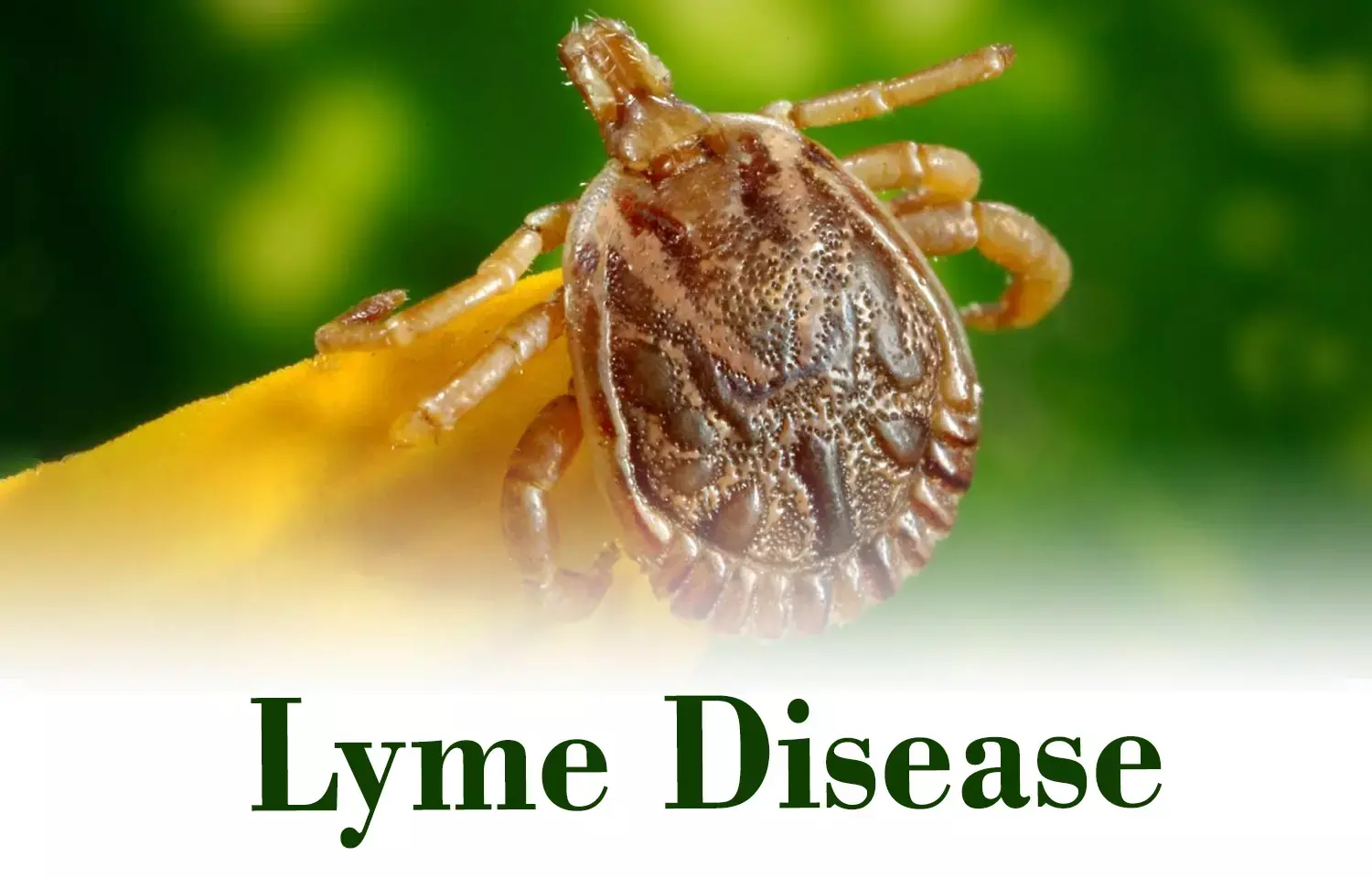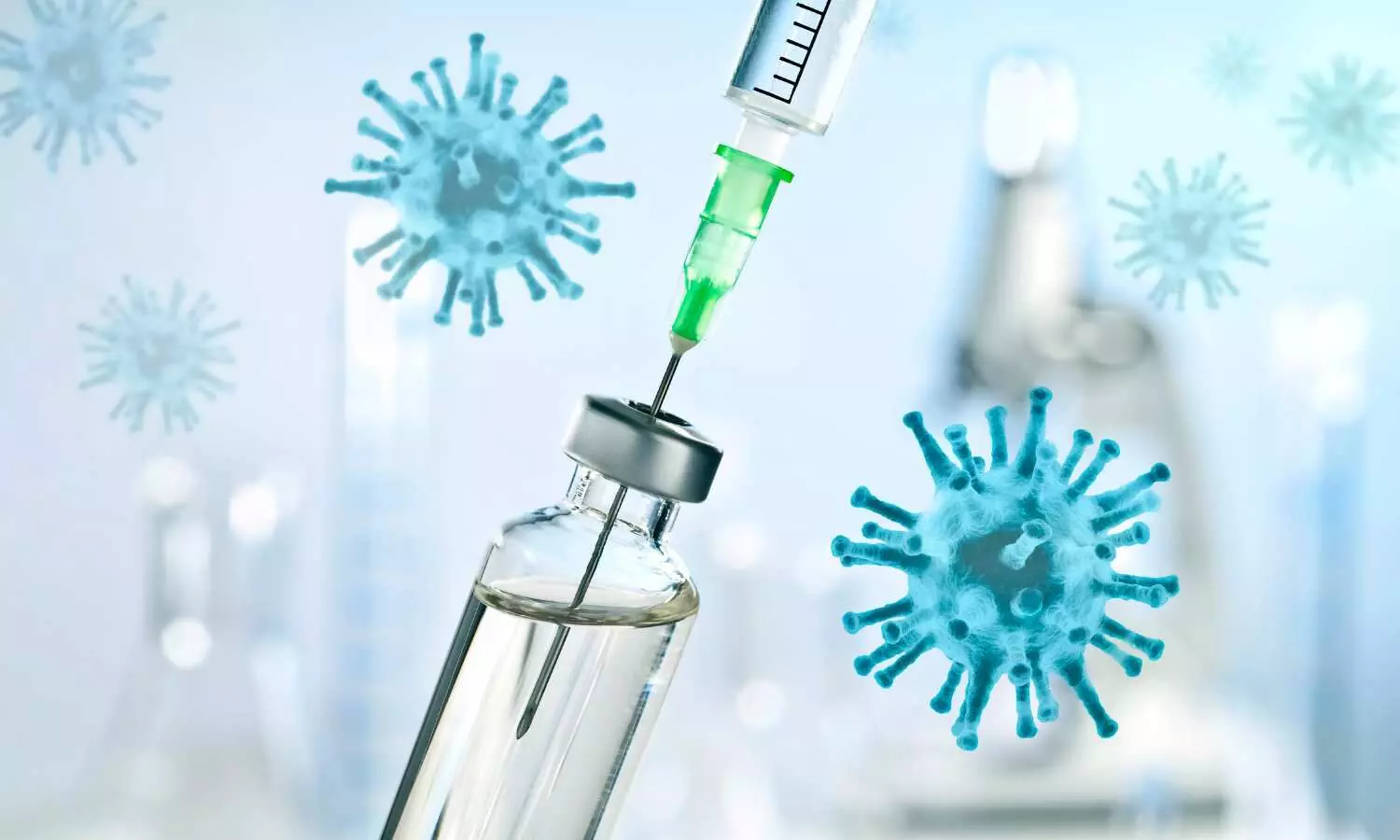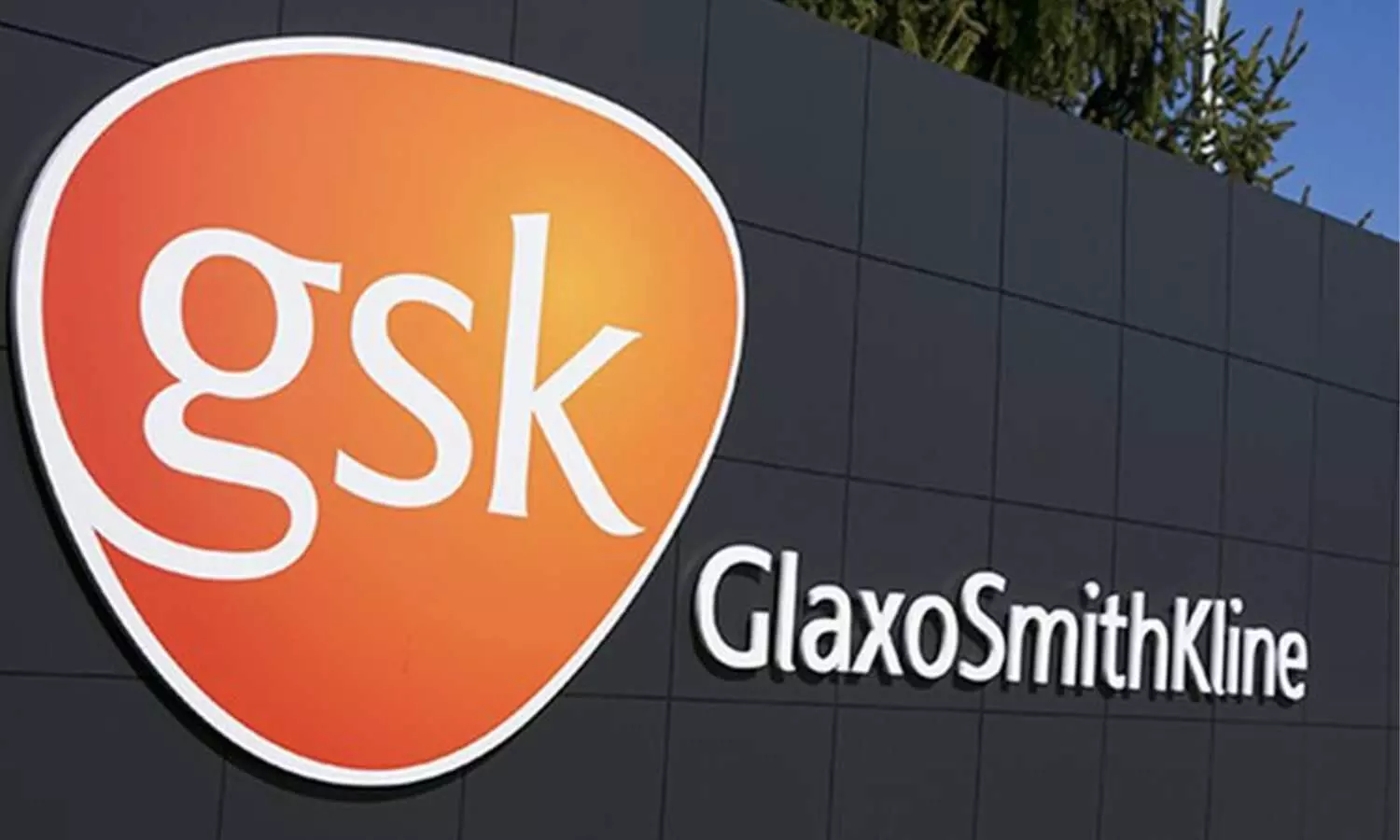- Home
- Medical news & Guidelines
- Anesthesiology
- Cardiology and CTVS
- Critical Care
- Dentistry
- Dermatology
- Diabetes and Endocrinology
- ENT
- Gastroenterology
- Medicine
- Nephrology
- Neurology
- Obstretics-Gynaecology
- Oncology
- Ophthalmology
- Orthopaedics
- Pediatrics-Neonatology
- Psychiatry
- Pulmonology
- Radiology
- Surgery
- Urology
- Laboratory Medicine
- Diet
- Nursing
- Paramedical
- Physiotherapy
- Health news
- Fact Check
- Bone Health Fact Check
- Brain Health Fact Check
- Cancer Related Fact Check
- Child Care Fact Check
- Dental and oral health fact check
- Diabetes and metabolic health fact check
- Diet and Nutrition Fact Check
- Eye and ENT Care Fact Check
- Fitness fact check
- Gut health fact check
- Heart health fact check
- Kidney health fact check
- Medical education fact check
- Men's health fact check
- Respiratory fact check
- Skin and hair care fact check
- Vaccine and Immunization fact check
- Women's health fact check
- AYUSH
- State News
- Andaman and Nicobar Islands
- Andhra Pradesh
- Arunachal Pradesh
- Assam
- Bihar
- Chandigarh
- Chattisgarh
- Dadra and Nagar Haveli
- Daman and Diu
- Delhi
- Goa
- Gujarat
- Haryana
- Himachal Pradesh
- Jammu & Kashmir
- Jharkhand
- Karnataka
- Kerala
- Ladakh
- Lakshadweep
- Madhya Pradesh
- Maharashtra
- Manipur
- Meghalaya
- Mizoram
- Nagaland
- Odisha
- Puducherry
- Punjab
- Rajasthan
- Sikkim
- Tamil Nadu
- Telangana
- Tripura
- Uttar Pradesh
- Uttrakhand
- West Bengal
- Medical Education
- Industry
Majority of children getting treatment for Lyme disease improve in 6 months

A new study found that most of the pediatric patients who were treated for Lyme disease had complete recovery within 6 months including those who experienced post-treatment Lyme disease (PTLD) syndrome. The study results were published in the journal Pediatric Research.
Children and teenagers frequently contract Lyme disease. Despite the effectiveness of antibiotic therapy, some individuals continue to experience symptoms after treatment, either with or without functional impairment. Hence researchers from The George Washington University School of Medicine and Health Sciences, Washington, DC, USA conducted a study to assess the long-term outcome of pediatric patients with Lyme disease and evaluated the case definition of post-treatment Lyme disease (PTLD) syndrome.
Nearly 102 children with confirmed Lyme disease diagnosed 6 months—10 years before enrollment (M = 2.0 years) were included. Electronic health records were used to extract information on Lyme diagnosis and treatment and parent report was used to identify the presence, duration, and impact of symptoms after treatment. The health-related quality of life, physical mobility, fatigue, pain, and cognitive impact were assessed using validated questionnaires filled out by the participants.
Key findings:
- Despite the variation in the time to full resolution, most parents reported their child’s symptoms resolved completely.
- About 22 parents (22%) reported the presence of at least one persistent symptom >6 months post-treatment, 13 without functional impairment (PTLD symptoms), and 9 with functional impairment (PTLD syndrome).
- Children with PTLD syndrome had lower parent-reported Physical Summary scores and a greater likelihood of elevated fatigue.
Thus, the majority of kids with Lyme disease, including those who initially fit the PTLD syndrome criteria, had complete symptom remission. Researchers suggested that effective communication is required on recovery rates and typical symptoms that could remain after therapy.
Further reading: Monaghan, M., Norman, S., Gierdalski, M. et al. Pediatric Lyme disease: systematic assessment of post-treatment symptoms and quality of life. Pediatr Res (2023). https://doi.org/10.1038/s41390-023-02577-3
BDS, MDS
Dr.Niharika Harsha B (BDS,MDS) completed her BDS from Govt Dental College, Hyderabad and MDS from Dr.NTR University of health sciences(Now Kaloji Rao University). She has 4 years of private dental practice and worked for 2 years as Consultant Oral Radiologist at a Dental Imaging Centre in Hyderabad. She worked as Research Assistant and scientific writer in the development of Oral Anti cancer screening device with her seniors. She has a deep intriguing wish in writing highly engaging, captivating and informative medical content for a wider audience. She can be contacted at editorial@medicaldialogues.in.
Dr Kamal Kant Kohli-MBBS, DTCD- a chest specialist with more than 30 years of practice and a flair for writing clinical articles, Dr Kamal Kant Kohli joined Medical Dialogues as a Chief Editor of Medical News. Besides writing articles, as an editor, he proofreads and verifies all the medical content published on Medical Dialogues including those coming from journals, studies,medical conferences,guidelines etc. Email: drkohli@medicaldialogues.in. Contact no. 011-43720751




